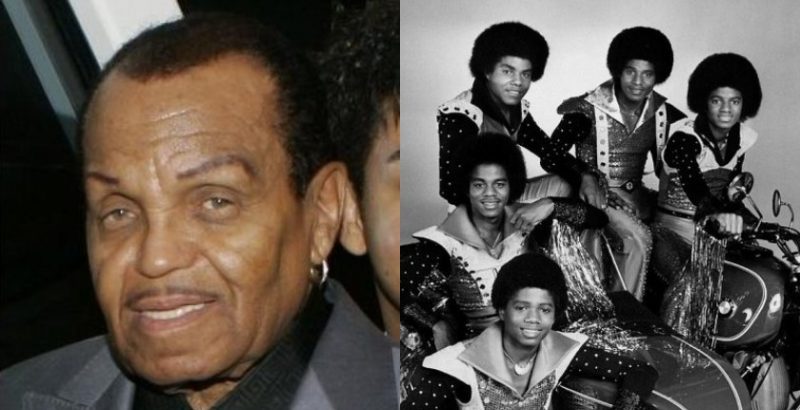When Joe Jackson passed away in June of last year, his death closed the book on a remarkable and controversial chapter of American music history.
Described as “a green-eyed dandy who wore a pencil-thin mustache and huge diamond pinky ring” by CBS News, his real life was a combination of grit and glamor.
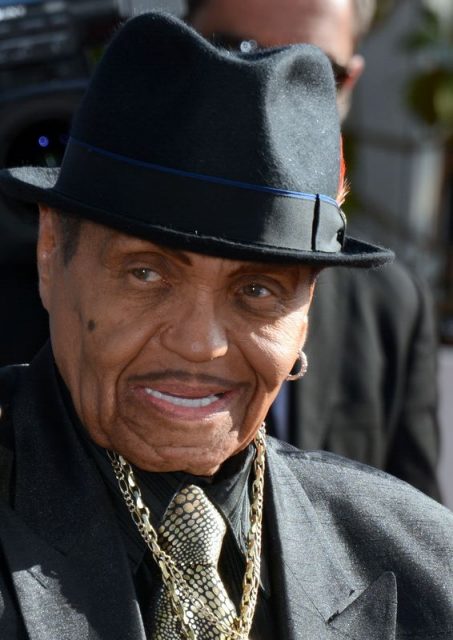
Born in Arkansas, in 1928, his own musical ambitions were sidelined when he began raising a family with wife Katherine.
He’d been part of a group called The Falcons, which also featured his brother, Luther. They couldn’t break through so his creativity took a back seat.
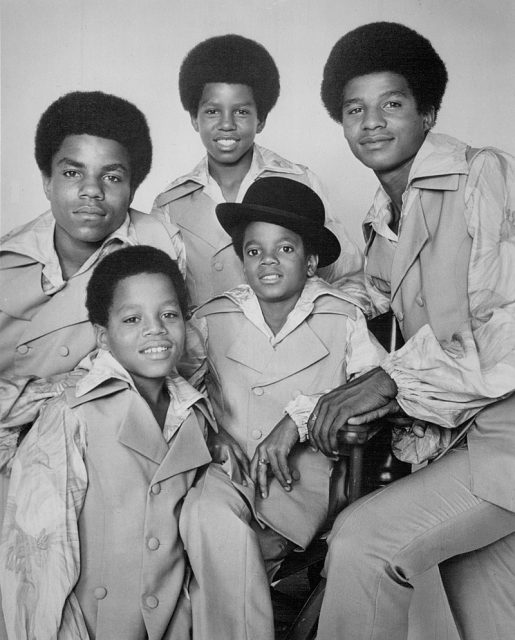
Jackson put the beloved guitar down but still relied on his hands. He had an early shot at boxing before settling down as a crane operator and welder.
Yet that burning ambition never left him and, as his family grew, he saw an opportunity to put them on the national stage.
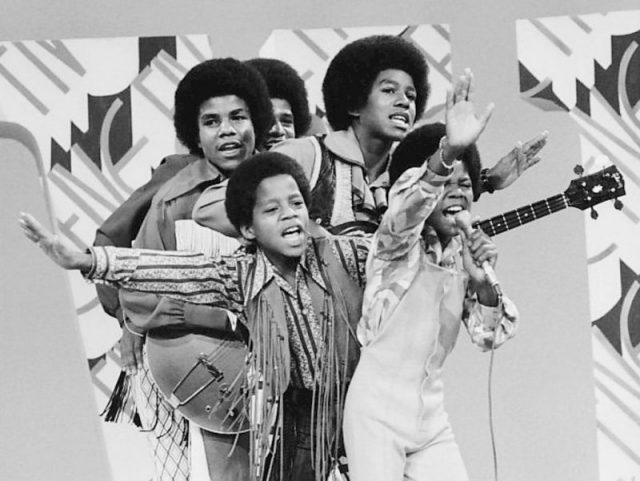
The story behind the beginnings of The Jackson 5 has been mentioned in various places, notably superstar Michael’s 1988 autobiography Moonwalk. It involves Jackson Sr.’s guitar, which only he was allowed to play.
According to CBS, the kids got their hands on the instrument and snapped a string. “Fearing a beating, Tito Jackson hid in fear, but when his father demanded he show what he could do with the guitar, he did — and Joe Jackson was awed. And a musical group was born.”
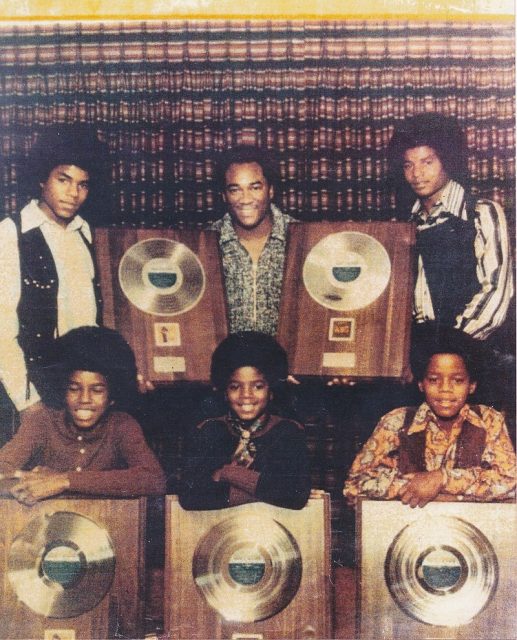
In addition to Michael and Tito, the Jackson act consisted of Jermaine, Jackie and Marlon. Randy joined down the line. They were the eldest sons among 10 children, though Brandon had sadly died as a baby. Joe was determined to make Michael and the gang household names.
However this quest for success came at a heavy price. Tito may have feared his father’s wrath but it seemed he wasn’t the only one. A particularly cutting assessment from the Guardian says, “the discovery that his offspring had musical talent turned him from merely cold and violent into a despot.”
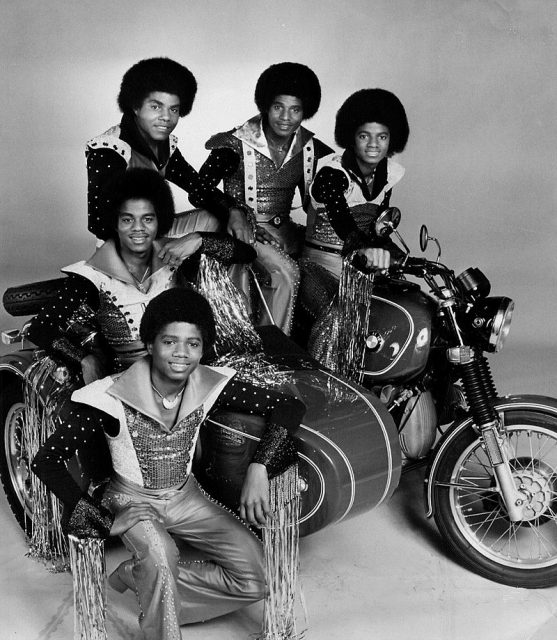
When the school day was done, the brothers would rehearse for hours. Joe honed them into a formidable musical force with harsh discipline. The Guardian writes the boys were “incentivised by the fact that if they got a dance step wrong their father would order them to break a branch off a tree in their garden that he then hit them with.”
The build up to Michael Jackson’s solo career was arguably a turning point, coming as it did after years of reported tension. “When Joe Jackson learned his teenage son was self-conscious about the size of his nose,” the Guardian wrote, “he took to referring to him as Big Nose, an insult that haunted him into adulthood.”
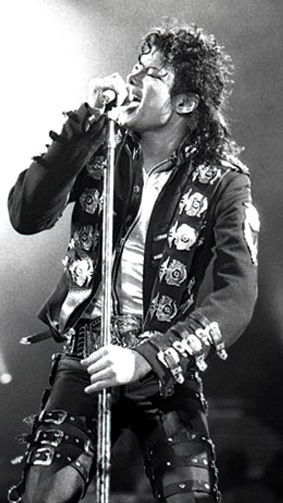
This, together with beatings and Joe’s reported infidelities, turned Michael against his father. “Joseph” (as Joe insisted they call him instead of Dad) was given the push by Michael in 1979.
By 1983 the others flew the nest in a professional sense. Details of life behind the scenes were being splashed across the media. The private life of the Jacksons became increasingly public.
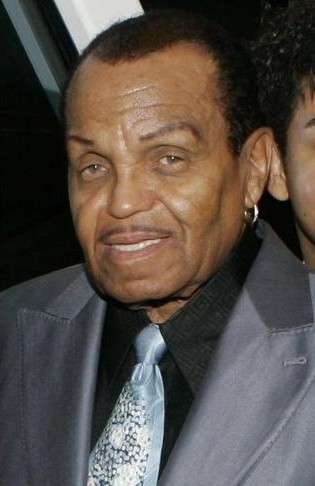
In 1993 the most famous member of the Jackson clan appeared on the Oprah Winfrey Show to give his take on the domestic situation.
Also LaToya Jackson made allegations of physical abuse, though later withdrew these. She explained pressure had been put on her by controlling husband Jack Gordon to do so.
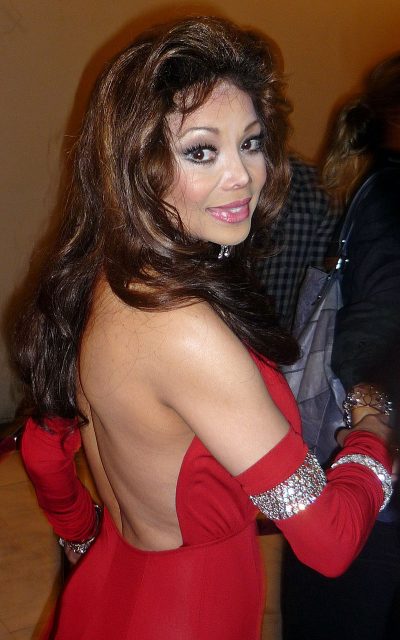
Joe Jackson’s reputation was seriously tarnished. Though this anger toward him from his children was tempered by a respect for what he’d helped the brothers and sister Janet achieve.
Despite writing about the abuse in the 2011 book You Are Not Alone, Jermaine Jackson defended Joe. “In his telling,” the Guardian summarizes, “Joe’s behaviour was a way to keep the brothers in line and off the streets.
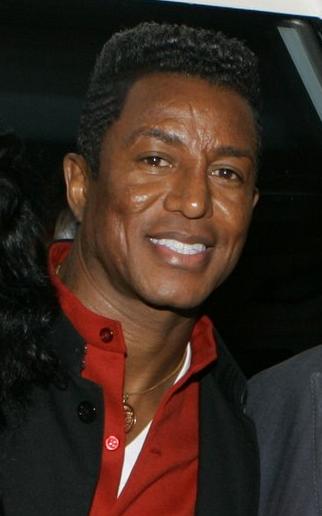
As he points out, life in their corner of Gary, Indiana, was no picnic. “Gang violence was endemic, but the brothers didn’t have the time or the wherewithal to get involved: they were always rehearsing and they were too scared of their father.” As well as keeping them safe from the exploitative side of the industry, Joe and Katherine didn’t lean on their children financially which was appreciated.
Related Video: How a Prince Song Resulted in the ‘Parental Advisory’ Sticker
https://youtu.be/RVz5tuwP6fA
Ultimately Michael sought answers from a traumatic upbringing. Quoted by CBS he remarked, “I don’t know him, and that’s sad for a son who hungers to understand his own father. He’s still a mystery to me and may always be one.”
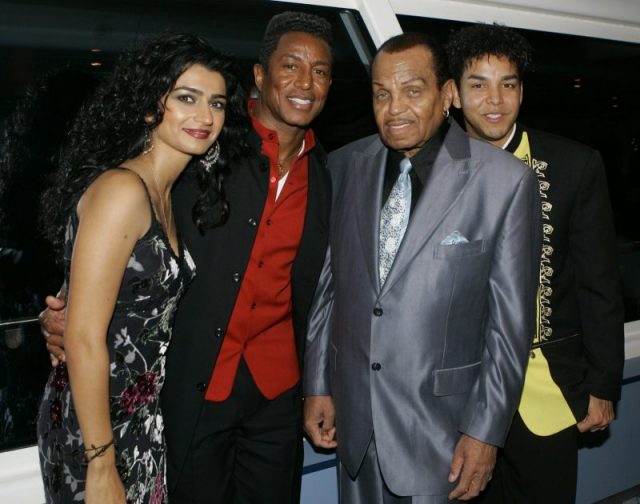
Perhaps Joe was dealing with his own demons. Rolling Stone mentioned he “suffered his own physical abuse from both parents and teachers.”
He was certainly there for the kids in later years. He supported Michael in court when he was accused of child abuse and there was a degree of reconciliation. But when Michael passed away in 2009 Joe wasn’t a beneficiary of the will, something he battled to rectify.
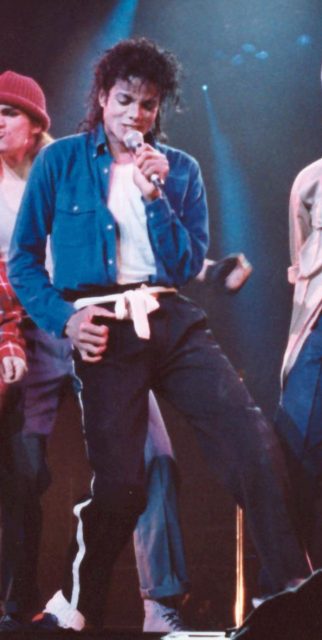
He went on to promote young talent through a boot camp, one of the aims of which was to encourage vulgarity-free lyrics for hip hop artists. At the age of nearly 90, he died of pancreatic cancer. It’s impossible to know what Michael Jackson would have said about his passing.
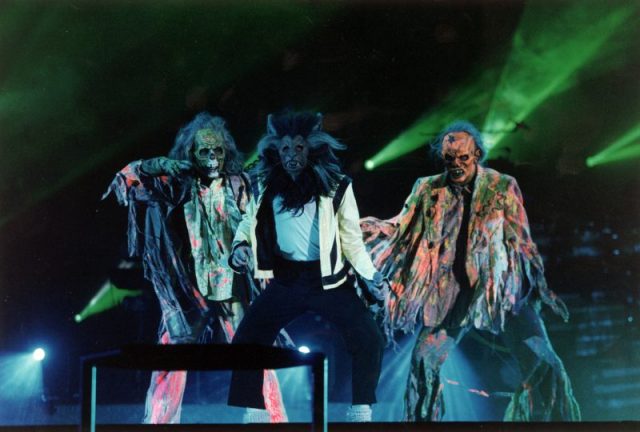
His estate released the following statement, quoted in Rolling Stone: “Joe was a strong man who acknowledged his own imperfections and heroically delivered his sons and daughters from the steel mills of Gary, Indiana to worldwide pop superstardom. Mr. Jackson’s contributions to the history of music are enormous.”
While this arguably doesn’t offer a rounded view of Joe Jackson the man, it at least presents a significant part of his personality. Rolling Stone also provides the following, from an interview he gave to Soul magazine in 1970.
“We liked being together and singing together…” he said. “In our neighborhood, lots of children got into trouble — some into bad trouble. I didn’t want that kind of life for my kids.”
Read another story from us: Michael Jackson and why the press called him Wacko Jacko
A fitting reminder that whether Joe Jackson is viewed as a hero, a monster, or somewhere in between, he was at his heart a father.
